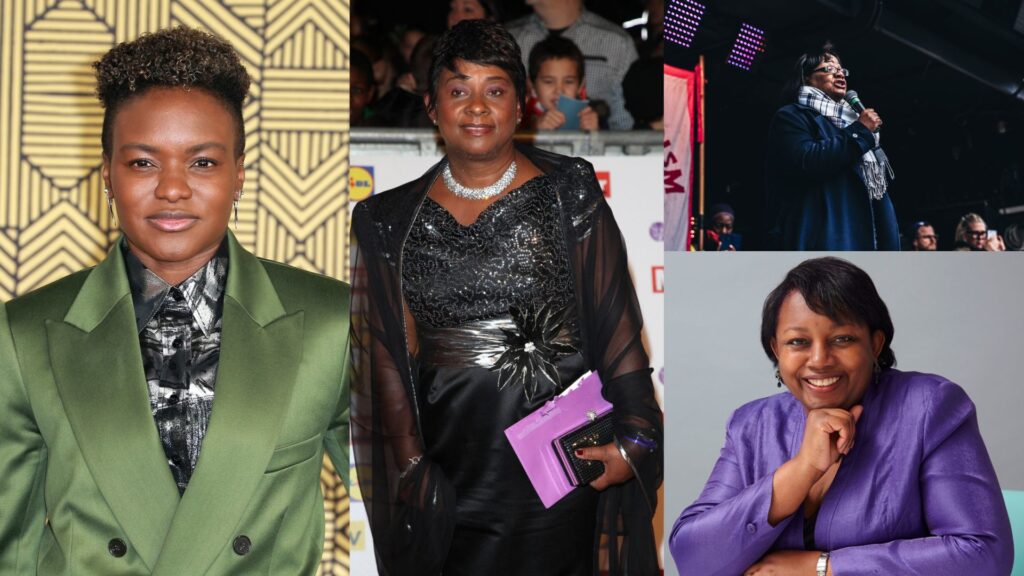This year, the theme for Black History Month is ‘Saluting our Sisters’. This theme brings to life the role black women have played in shaping history, pushing for change and creating communities all over the world.
At Race Equality Matters, we want to salute Black British Women who are changemakers so that their hard work can inspire us all. These women remind us that history is not always about the past, in fact, these sisters are making history as we speak!
Read below to see the 4 Black British women we are saluting:
Malorie Blackman OBE
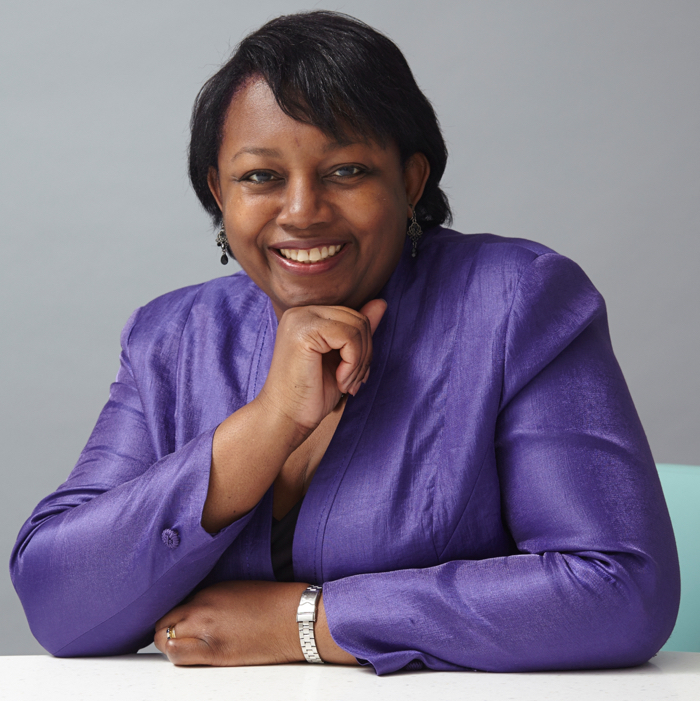
In 2013, Malorie Blackman made history when she became Britain’s first black Children’s Laureate since the title was created in 1999.
Since its inception, there have been 12 Children’s Laureate and Malorie Blackman is still the only ethnically diverse woman to be awarded this title. It is a prestigious title given to children writers who have made outstanding achievements in their field.
Malorie Blackman grew up in Lewisham with five siblings. Her parents were a part of the Windrush Generation and her father worked as a bus driver whilst her mother worked in a pyjama factory. Unfortunately, when Malorie was thirteen-years-old her father walked out on their family and this caused a lot of distress for her.
To deal with the pain, Malorie started to create fantasies in her head and would write down the fantasies as secret poems. This would be the beginnings of the award winning storyteller that we know today.
Malorie Blackman is most known for her Noughts and Crosses book series. The series was so well received that it was turned into a BBC television series starring Stormzy. The dystopian novels explore racism and its effect on society and personal relationships.
Malorie’s literary achievements are inspiring for many young black women across the world. What is even more inspiring is that Malorie overcame the limitations that were put on her as a child.
Her own school counsellor told her that she would not become a teacher because of the colour of her skin – now look at who she is today!
Nicola Adams OBE
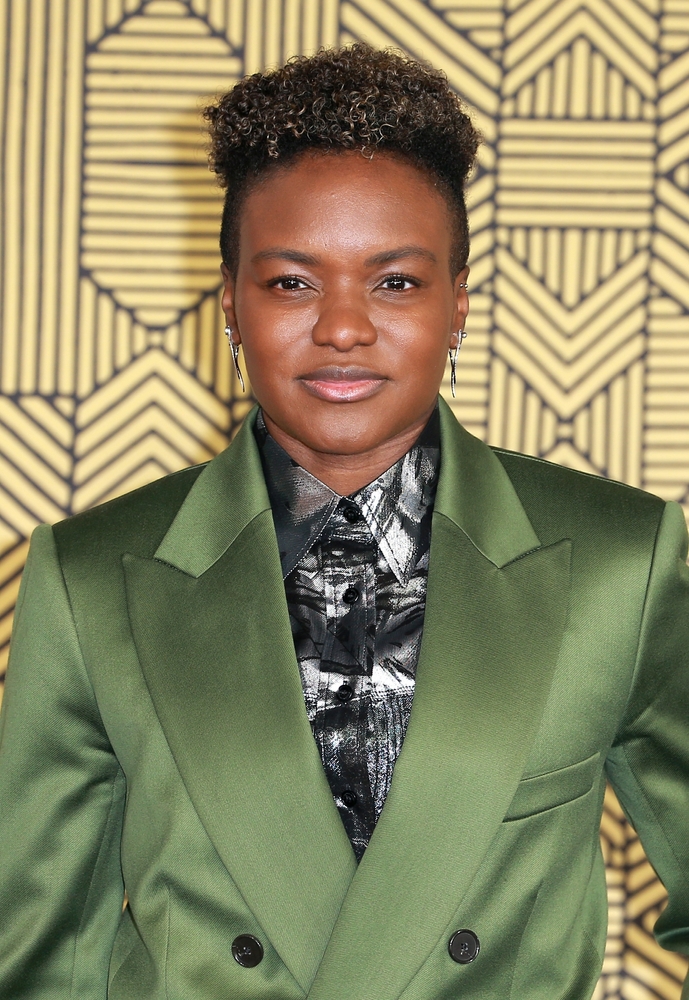
In 2012, women’s boxing was finally included as a competitive sport in the Olympics. In that same year, Nicola Adams competed in the field and won Olympic gold for Great Britain.
This made history because Nicola Adams became the first woman to ever win Olympic gold in women’s boxing and the first openly LGBTQ+ person to win an Olympic boxing gold medal in both the men’s and women’s field.
As a black LGBTQ+ woman, this was legendary and made The Independent name her the most influential LGBTQ+ person in Britain.
As a child, learning to box made Nicola feel safe and brave which was different to the fear she felt at home.
As a child, her father would beat her and her mother and Nicola would never feel able to truly make her father stop.
Unfortunately, even when Nicola, her mother and her brother fled from the abuse, Nicola’s mother still ended up in relationships with violent men causing Nicola to sleep with a hammer under her bed.
The need to overcome such pain and to build a new story for herself, made Nicola train hard and become an excellent boxer.
Nicola’s life story shows how sad events do not stop someone from becoming a champion or in Nicola’s case, a living legend.
Following on from the Olympics in 2012, Nicola went on to win the European Games’ titles and the World, European and European Union Championships.
Doreen Lawrence, Baroness Lawrence of Clarendon OBE
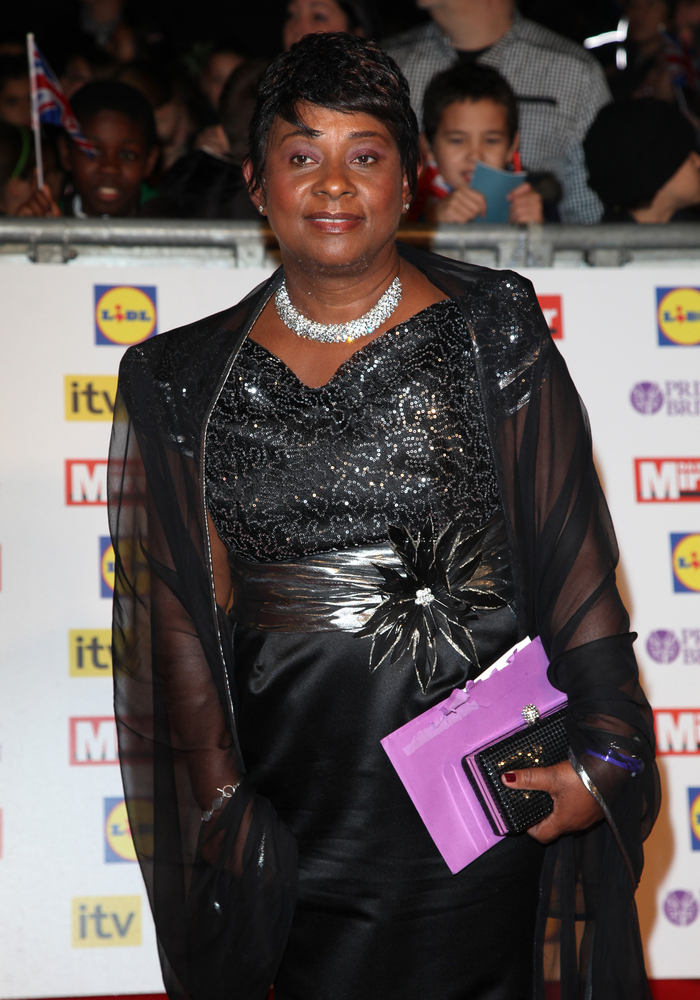
In 2014, BBC Woman’s Hour named Stephen Lawrence’s mother, Baroness Doreen Lawrence, as Britain’s most influential woman because of the decades she has spent campaigning for racial justice in society.
In her own words, Doreen’s life’s work has been about creating “an inclusive society for everyone to live their best life, regardless of gender, race, sexuality, religion, disability or background.”
However, Baroness Doreen was not always a campaigner, in fact she used to be a bank worker and it was not until tragedy struck that Doreen’s career changed forever.
On the 22nd April 1993, Doreen’s 18-years-old son, Stephen Lawrence, was murdered in a racially motivated attack whilst he waited for a bus in South East London.
Struck with grief, Doreen witnessed firsthand the institutional racism that existed in the police force. They did not believe that Stephen’s murder was an act of racism despite the evidence that proved it was.
After the murder, Doreen spent years campaigning for changes in the Police force, using her son’s case as evidence of what institutional racism looks like.
In 1999, a judicial inquiry was established to investigate Stephen Lawrence’s death and it was decided that the Metropolitan Police was indeed “institutionally racist”. This was a landmark achievement that had never happened before.
Baroness Doreen’s work helped show the impact institutional racism has on ethnically diverse families and victims of crime.
Thanks to Baroness Doreen, the 22nd April is now national Stephen Lawrence Day and Stephen’s short but impactful life continues to be celebrated.
Dianne Abbot MP
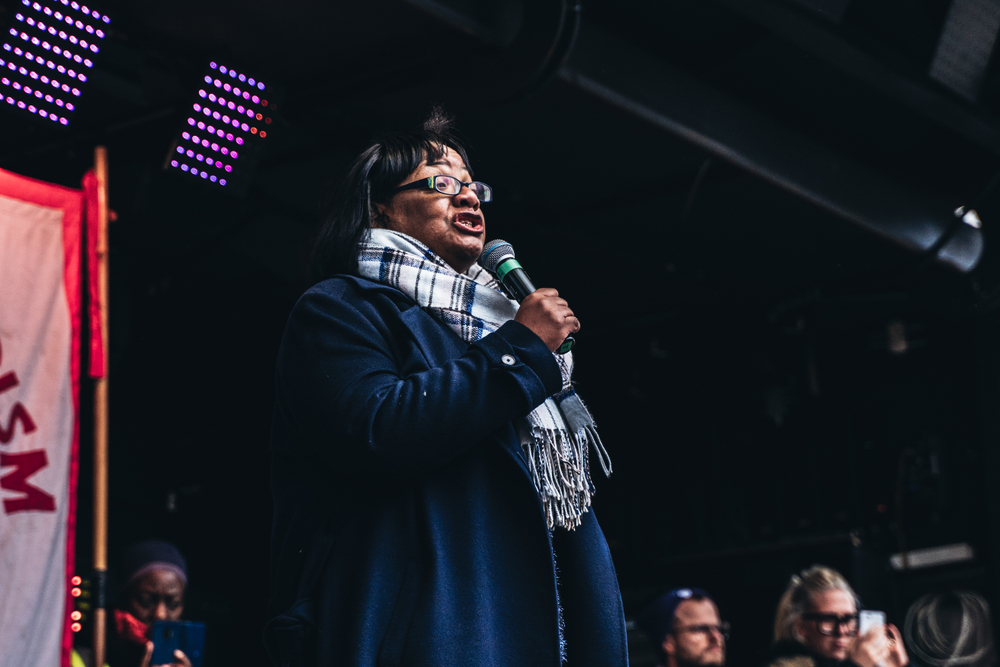
In 1987, Dianne Abbot made history when she became the United Kingdom’s first ever black female MP, this is a remarkable achievement considering the thousands of MP’s who came before her since 1885!
Dianne Abbot has been overcoming barriers since she was a child. In 1953, she was born to Jamaican immigrants and no one in the Abbot family had gone to school past the age of 14. Dianne changed that. She was a bright pupil at Harrow County Grammar School and went on to have a master’s degree years later.
Abbot entered politics in her 30’s and was known by her colleagues as someone very passionate about human rights.
She faced hardship in the journey to become the first black female MP when people in her own political party were racist towards her. Yet Dianne did not let the colour of her skin limit her dreams and eventually became the first black female MP (and now the longest-serving black MP!).
However, the racism she faced in the 80’s continues on today.
Abbot has said that as an MP she has received death threats and has been called many racial slurs. In fact, in 2017, Amnesty International researchers found that Dianne Abbot received the most abuse than any other female MP in the run up to the election.
The discrimination Dianne has experienced does not take away from the history she has made. In fact, her resilience and strength is an inspiration to ethnically diverse people across the world because it shows that despite prejudice, you can still push through and achieve incredible things.
If you would like to carry on the conversation
We would value your thoughts. Please do follow us and join the conversation on LinkedIn
If you want to see change and race equality in the workplace, join the Race Equality Matters’ movement if you are not registered already.

